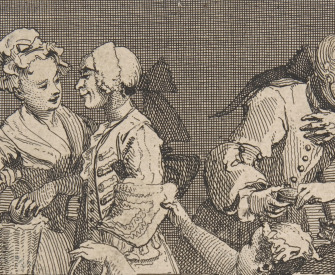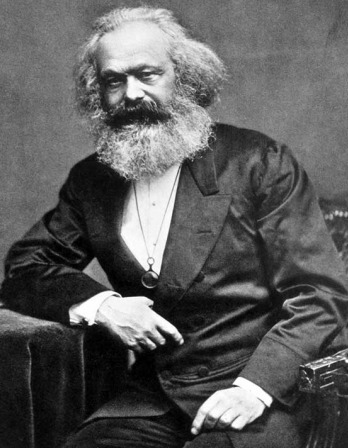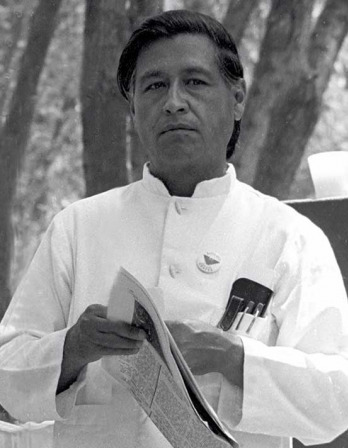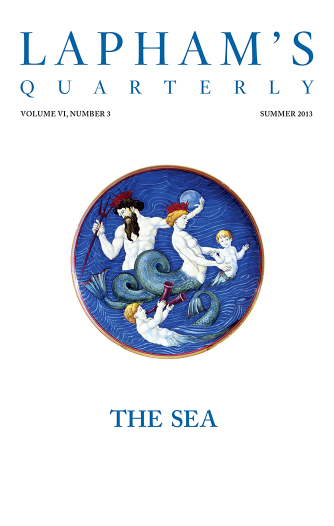Mr. Macready, in his speech last night to the audience assembled at the Arch Street Theater, made allusion, I understand, to “an American actor” who had the temerity on one occasion “openly to hiss him.” This is true, and by the way, the only truth which I have been enabled to gather from the whole scope of his address. But why say “an American actor”? Why not openly charge me with the act? For I did it, and publicly avowed it in the Times newspaper of London, and at the same time asserted my right to do so.
On the occasion alluded to, Mr. Macready introduced a fancy dance into his performance of Hamlet, which I designated as a pas de mouchoir, and which I hissed, for I thought it a desecration of the scene, and the audience thought so, too, for in a few nights afterward, when Mr. Macready repeated the part of Hamlet with the same tomfoolery, the intelligent audience of Edinburgh greeted it with a universal hiss.
Mr. Macready is stated to have said last night that up to the time of this act on my part, he had “never entertained toward me a feeling of unkindness.” I unhesitatingly pronounce this to be a willful and unblushing falsehood. I most solemnly aver and do believe that Mr. Macready, instigated by his narrow, envious mind and his selfish fears, did secretly—not openly—suborn several writers for the English press to write me down. Among them was one Forster, a toady of the eminent tragedian—one who is ever ready to do his dirty work; and this Forster, at the bidding of his patron, attacked me in print even before I appeared upon the London boards and continued his abuse at every opportunity afterward.
I assert, also, and solemnly believe, that Mr. Macready connived when his friends went to the theater in London to hiss me, and did hiss me, with the purpose of driving me from the stage—and all this happened many months before the affair at Edinburgh to which Mr. Macready refers, and in relation to which he jesuitically remarks that “until that act, he never entertained toward me a feeling of unkindness.” Bah! Mr. Macready has no feeling of kindness for any actor who is likely, by his talent, to stand in his way. His whole course as manager and as actor proves this—there is nothing in him but self—self—self—and his own countrymen, the English actors, know this well. Mr. Macready has a very lively imagination, and often draws upon it for his facts. He said in a speech at New York that there, also, there was an “organized opposition” to him, which is likewise false. There was no opposition manifested toward him there—for I was in the city at the time, and was careful to watch every movement with regard to such a matter. Many of my friends called upon me when Mr. Macready was announced to perform and proposed to drive him from the stage for his conduct toward me in London. My advice was, Do nothing—let the superannuated driveler alone—to oppose him would be but to make him of some importance. My friends agreed with me it was, at least, the most dignified course to pursue, and it was immediately adopted. With regard to “an organized opposition to him” in Boston, this is, I believe, equally false, but perhaps in charity to the poor old man, I should impute these “chimeras dire” rather to the disturbed state of his guilty conscience than to any desire on his part willfully to misrepresent.
From an open letter. In 1846 American actor Forrest hissed during an Edinburgh performance of Hamlet starring British actor William Charles Macready. Their feud grew—through published notices like this one, which ran in Philadelphia newspapers in November 1848—exploding on May 7, 1849. Macready was to perform Macbeth at New York’s Astor Place Opera House, but Forrest planned a competing production for the same night. Fights broke out between their fans. On May 10, when Macready attempted a rescheduled performance, a mob gathered. The state militia was summoned and fired into the rioting crowd, killing twenty-two people.
Back to Issue





